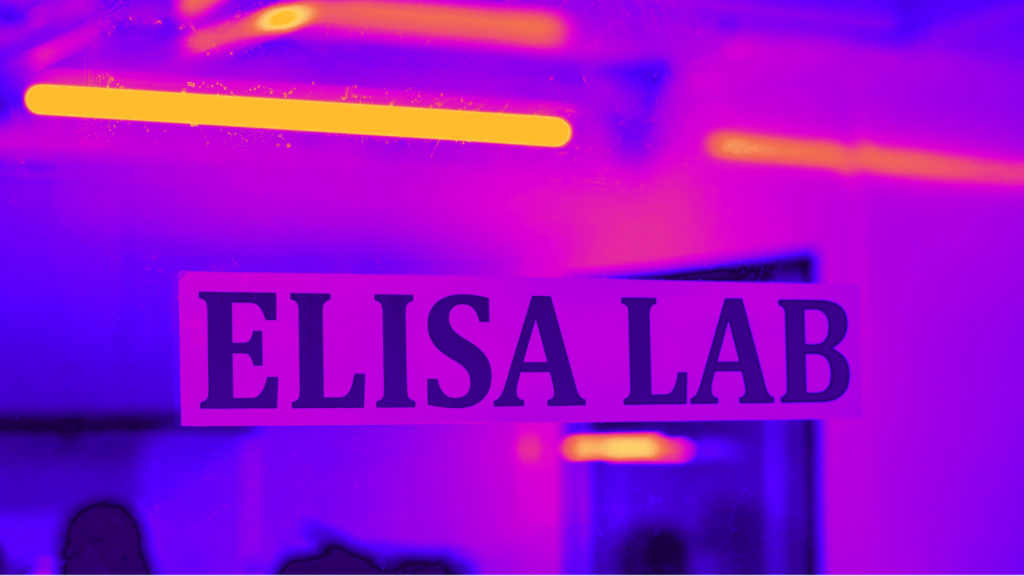
Discover how next-gen ELISA kits revolutionize biosimilar development, ensuring safety, efficacy, and cost-effectiveness.
Explore trends, innovations, and regulatory insights in this comprehensive guide.
Introduction: The Expanding Role of Biosimilars in Modern Healthcare
With over $100 billion in biologic drug patents expiring by 2030, biosimilars are poised to transform global healthcare accessibility. At the heart of this revolution lies ELISA (Enzyme-Linked Immunosorbent Assay), a gold-standard technology ensuring biosimilar quality. This guide dives into cutting-edge ELISA advancements, their role in streamlining biosimilar development, and their impact on affordability.
Why ELISA Kits Are Indispensable in Biosimilar Development
Biosimilars must match reference biologics in safety, efficacy, and quality. Here’s how ELISA drives success:
- Quantifying Target Proteins
ELISA kits are essential tools for measuring biosimilar concentrations in complex matrices, such as serum or plasma, which are critical components in pharmacokinetic (PK) and pharmacodynamic (PD) studies. - Immunogenicity Detection
Anti-drug antibodies (ADAs) can compromise efficacy. High-sensitivity ELISA kits identify ADAs early, aligning with FDA/EMA guidelines for clinical trial safety. - Batch Consistency Assurance
ELISA validates Critical Quality Attributes (CQAs) across batches, ensuring therapeutic equivalence.
Current Trends Shaping the Biosimilar Market
- Patent Cliffs: Key biologics like Humira® (adalimumab) and Keytruda® (pembrolizumab) have lost exclusivity, opening $25B+ in biosimilar opportunities.
- Regulatory Progress: FDA’s Biosimilars Action Plan and EMA’s Guideline on Similar Biological Products accelerate approvals while maintaining rigor.
- Cost Savings: Biosimilars are 20-35% cheaper than reference drugs, per IQVIA, driving adoption in Medicare and emerging markets.
Next-Gen ELISA Innovations Accelerating Biosimilar Development
Automation & AI Integration
Thermo Fisher offers automated solutions for ELISA, such as the Multiskan FC microplate photometer and Wellwash strip washers, which enhance productivity and reduce errors by automating key steps in the ELISA workflow. These systems provide reliable results with minimal user training required, increasing ELISA throughput and efficiency.
Multiplex Assays
Luminex xMAP technology is a bead-based multiplex assay platform that allows for the simultaneous detection of up to 100 different analytes from a single sample, reducing sample volume and costs while increasing throughput.
Ultra-Sensitive Detection
Electrochemiluminescence (ECL) assays, such as those offered by Meso Scale Discovery (MSD), provide highly sensitive detection capabilities, often surpassing traditional ELISA methods. While specific detection limits can vary, ECL assays are known for their ability to detect low-abundance biomarkers with high sensitivity and a broad dynamic range
Future Directions: Where ELISA and Biosimilars Converge
Predictive Analytics
AI tools are transforming ELISA data analysis, identifying hidden patterns to predict immunogenicity risks. For example, platforms like VirusImmu apply machine learning to forecast immune triggers—a strategy adaptable to biosimilar safety screening.
Global Standardization
The WHO sets global testing benchmarks, offering ELISA-related guidance (e.g., standardized protocols for serosurveys) to ensure consistency across labs and regions, though not ELISA-specific.
Sustainable Practices
Labs are adopting eco-friendly workflows by reusing equipment (e.g., glassware) and minimizing plastic waste. Reusable ELISA plates remain rare due to contamination risks, but innovations in recyclable materials could bridge this gap.
Overcoming Challenges: Practical Solutions
| Challenge | Solution |
|---|---|
| Matrix interference | Pre-treatment with magnetic bead extraction |
| Cross-lab variability | WHO-calibrated reference materials |
| Data complexity | Cloud platforms like Benchling for real-time collaboration |
Conclusion: ELISA as the Backbone of Biosimilar Success
ELISA kits remain pivotal in delivering safe, effective, and affordable biosimilars. As automation, multiplexing, and AI redefine ELISA capabilities, developers can accelerate timelines while adhering to global standards.
Ready to optimize your biosimilar assays?
✅ Explore Our ELISA Kits → Denovo Biolabs ELISA Solutions
✅ Speak to an Expert → info@denovobiolabs.com
Q: How do DeNovo Biolabs’ ELISA kits reduce biosimilar development costs?
A: Our pre-validated ELISA kits minimize costly rework by ensuring batch-to-batch consistency (inter-assay CV <10%) and high analytical recovery (80–120%). This reduces delays in quality control and accelerates regulatory submissions, directly lowering development timelines and expenses.
Q: What differentiates DeNovo Biolabs’ ELISA kits from competitors?
A: Our kits are rigorously validated to meet EMA regulatory requirements for precision and specificity. The DeQuanto® Nivolumab PK ELISA Kit, for example, uses recombinant PD-1 protein for biologically relevant binding, achieves sensitivity down to 25 ng/ml, and shows no cross-reactivity with related monoclonal antibodies—critical for reliable pharmacokinetic (PK) monitoring.
Follow Us
Stay updated with the latest in biotech innovation → LinkedIn | Twitter
Revolutionizing biosimilars, one assay at a time. © Denovo Biolabs 2025.
